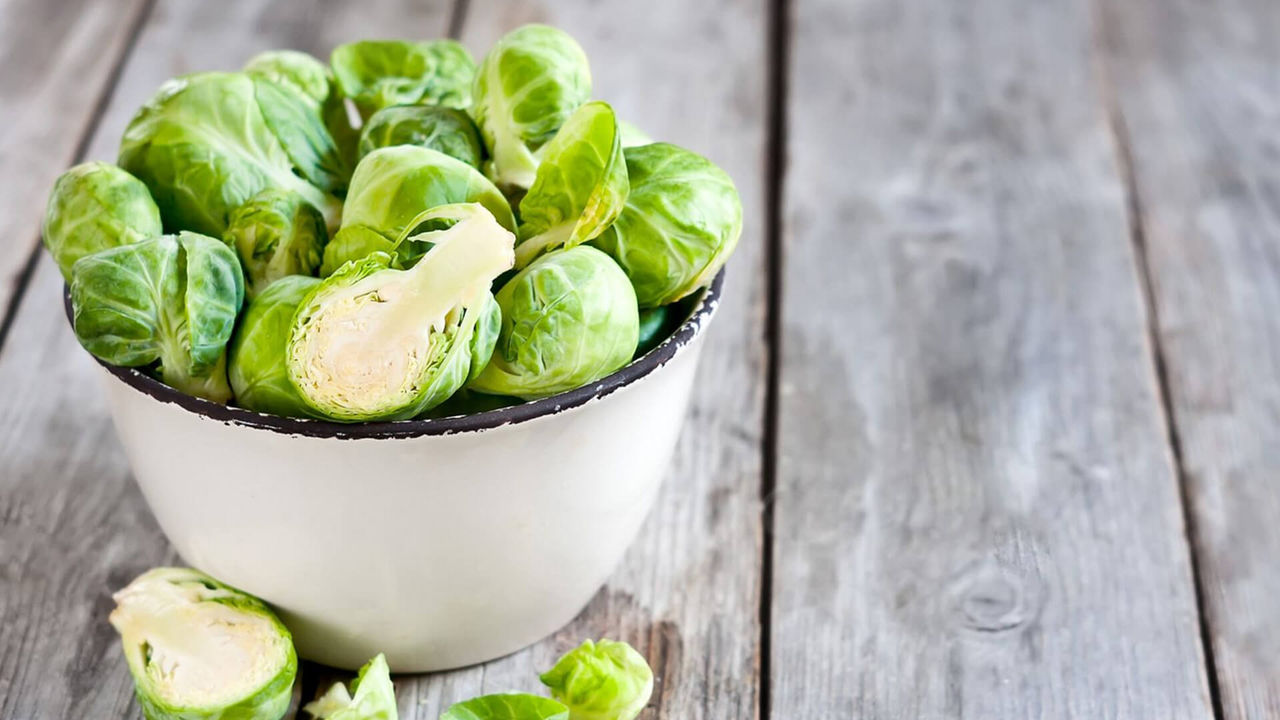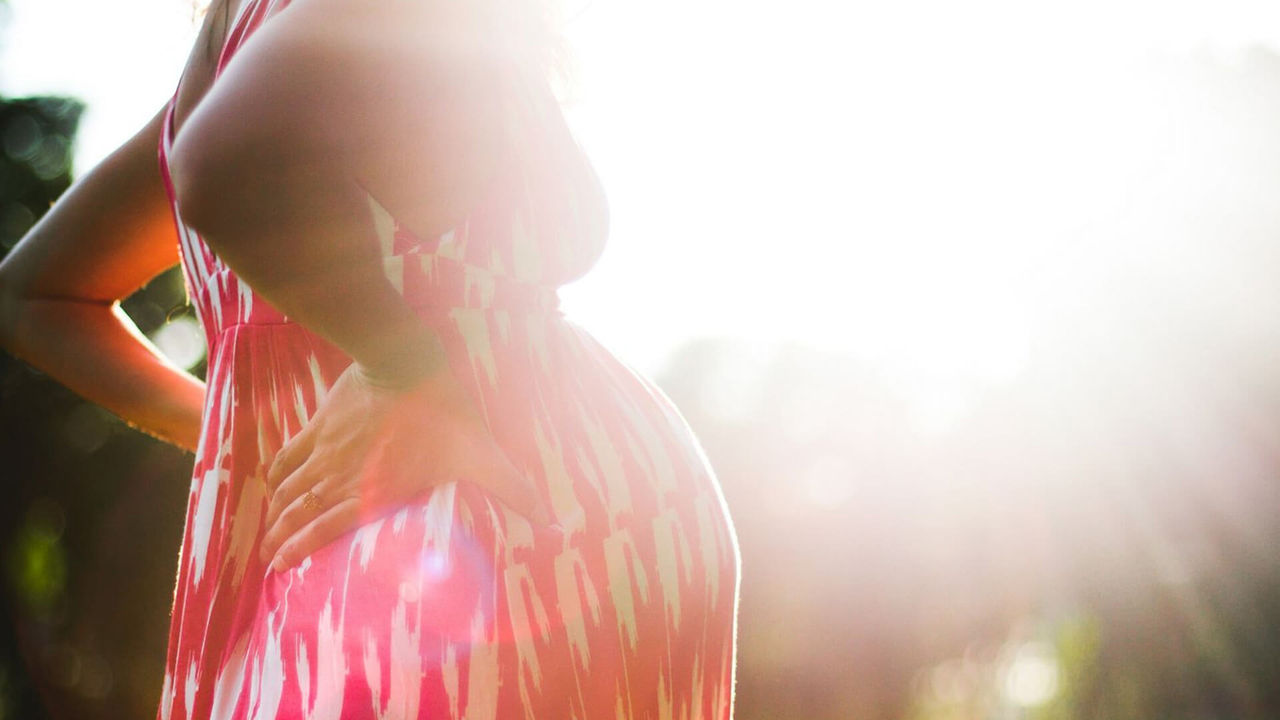- Your baby’s development relies on your iodine intake
- The recommended intake of iodine for pregnant women is 220µg (micrograms) per day
- Find iodine in seafood, dairy and eggs, and through iodine supplements
The importance of iodine in pregnancy

Key points
Iodine is an essential mineral found in seafood, dairy foods, eggs and other food sources. It has a vital role to play in your everyday health and the incredible journey your baby takes from conception to birth.Iodine is a necessary element in the production of thyroid hormones. These hormones affect the way your cells function, influencing the body’s processes, such as metabolism, physical development and hearing.
Why is iodine especially important during pregnancy?
To stay healthy during your pregnancy, you need thyroid hormones for your own body processes.Additionally, because babies get iodine from their mothers, pregnant women have an increased requirement for iodine. Your baby’s cells rely on your iodine intake. A well-balanced diet that includes a healthy intake of iodine and a pregnancy multivitamin that includes iodine will support the normal development of your baby’s brain.
Guidance on how to get enough iodine when pregnant
Despite being present in many foods, iodine deficiency is still a health concern in many places. In Australia and New Zealand it is recommended that pregnant women get 220µg of iodine per day.Most foods are relatively low in iodine. Seafood is a good source of iodine, as well as eggs and some dairy products. Australian and New Zealand governments have made it a requirement for iodised salt to be used in all breads (except organic) to help improve dietary iodine intake.It is recommended for pregnant and breastfeeding women in Australia and New Zealand that a healthy diet including dietary sources of iodine is supplemented with a 150µg iodine supplement each day to ensure iodine sufficiency for mother and baby. Many pregnancy multivitamins already include sufficient iodine, therefore speak to your health care professional to discuss your individual needs for an iodine supplement.
Foods containing iodine
The actual iodine content of food varies depending on where it is grown and where it is made but below gives a guide to how much iodine may be contained in some foods.
| FOOD (100G/100ML) | IODINE (ΜG) |
| Sardines | 75.8 |
| Bread roll with wholemeal flour | 69.7 |
| Poached egg | 57.0 |
| Snapper | 56.0 |
| Natural yoghurt | 25 |
| Cows’ milk | 22.9 |
| Steamed barramundi | 2.2 |
Meal and snack ideas for an iodine-rich diet
- A bowl of yogurt with sliced almonds
- Scrambled egg made with milk and cheese
- Jacket potato topped with cottage cheese or sardines
- A mug of hot milk before bedtime
Related pages

Get in touch with our Careline experts
When your little one is unhappy or unwell you want reliable support from a trusted source. Our Careline team of nutritionists, dietitians and midwives specialise in infant and child health, offering free nutrition, feeding and product information.
Every feeding journey is unique
Not every parent can produce breast milk. No matter what choice you make, we will support your unique feeding journey.
We at Nutricia believe in providing the best nutrition for babies, which is why we recognise breast milk is uniquely superior for babies as it provides many benefits. It is important that mums have a healthy diet to support breastfeeding. A decision not to breastfeed, or partial bottle feed, may reduce breast milk supply making it difficult to reverse. The cost and social implications of using feeding methods should be considered. Always seek professional advice about feeding your baby. Ensure formula is used as directed as improper use can affect baby’s health.
REMEMBER: The information on this page is general only. If you have any concerns about your baby’s poo or questions about constipation or any other health concerns, please speak to a healthcare professional, like a Pharmacist, GP or Maternal Child Health Nurse.



